In Vietnam, artificial intelligence (AI) applications are being deployed in public services, healthcare, banking, education , industry and smart cities. However, along with the benefits are increasingly complex risks and challenges, and there is a trend of abusing AI to carry out illegal purposes.
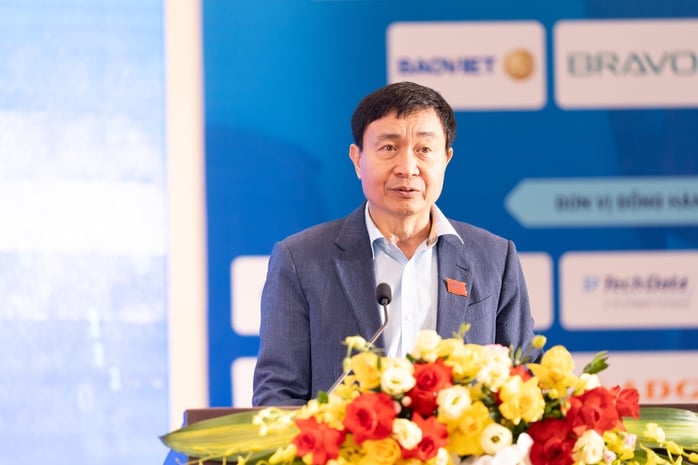
Lieutenant General Nguyen Minh Chinh, Permanent Vice President of the National Cyber Security Association
That was emphasized by Lieutenant General Nguyen Minh Chinh, Permanent Vice President of the National Cyber Security Association, former Director of the Department of Cyber Security and High-Tech Crime Prevention ( Ministry of Public Security ), at the workshop "AI & Cyber Security - Creating a smart security future" on September 17, organized by the CYSEEX Information Security Alliance.
Lieutenant General Nguyen Minh Chinh said that according to international estimates, if exploited effectively, AI could contribute up to more than 12% of Vietnam's GDP by 2030 - equivalent to nearly 80 billion USD.
However, AI also poses many challenges in reality, when cybercriminals take advantage of it to create malware, fake voices, faces, texts, etc. to commit fraud, attack networks, infiltrate data systems, even cause security instability, and destroy the reputation of organizations, businesses, and leaders.
The Standing Vice President of the National Cyber Security Association stated that in today's cyberspace, data is "resource", algorithms are "power" and AI has become a "soft weapon" with the power to shape reality. However, if not properly protected, AI systems themselves can be exploited to cause serious damage to the economy , society and national security.
"Only when firmly protected, can AI truly promote its value for humanity, for the safe and autonomous development of the country. To develop AI sustainably, we cannot rely solely on technology or financial investment, but three fundamental factors need to be synchronously deployed including institutions - technology - human resources" - Lieutenant General Nguyen Minh Chinh emphasized.
Mr. Nguyen Xuan Hoang, Chairman of the CYSEEX Alliance, also commented that in the current context, cybersecurity risks are increasing, especially when hackers take advantage of AI to attack and penetrate systems in increasingly sophisticated and unpredictable ways.
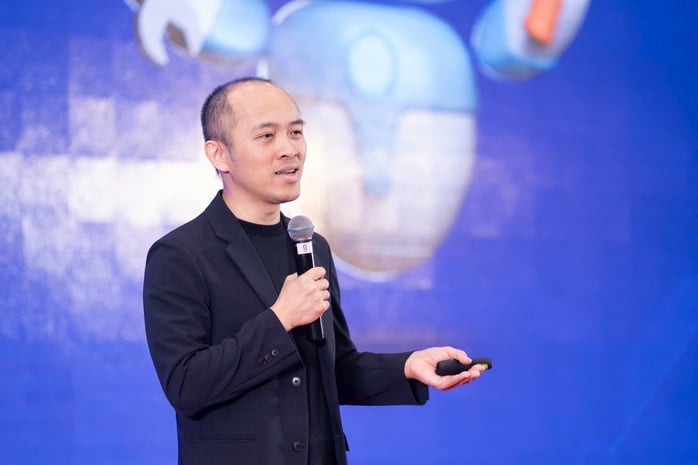
Cybersecurity expert Vu Ngoc Son emphasized the need to invest in quality human resources to use AI effectively.
Citing a statistic in 2024, Mr. Hoang said that cyber attacks with AI elements increased by more than 60% compared to the previous year, causing global damage of hundreds of billions of dollars. "AI is both a new challenge and a "golden key" to help organizations detect, respond, and protect systems proactively, quickly and effectively by up to 45%" - Mr. Hoang stated his opinion.
Sharing more about the global cybersecurity picture, Mr. Nguyen Minh Hai, Security Expert of Fortinet Vietnam, said that the number of vulnerabilities, stolen data and AI attacks are increasing sharply. In 2024, there were 40,000 new vulnerabilities, more than 1.7 billion leaked identities and a 600% increase in AI attacks and it is forecasted to continue to increase in 2025.
Considering that cyber security currently has both a "dark side" with the risk of sophisticated attacks, a "gray side" due to lack of human resources and strategy, and a "bright side" from the opportunity to master technology, Mr. Vu Ngoc Son, Head of Technology Department, National Cyber Security Association, commented that AI can help detect abnormalities, analyze malware, automate processes, but also pose challenges in terms of people, data, technology and finance. "AI is no longer an option but has become an inevitable requirement and whoever masters AI will have a competitive advantage," said Mr. Son.
According to expert Vu Ngoc Son, the use of AI currently faces three main challenges in terms of human resources, technology and finance. Mr. Son assessed that the results of AI will depend largely on the capacity of the implementer. If there are good experts, AI will be a lever.
In practice, “defenders” will use AI to detect anomalies, deploy security solutions, and automate processes. Meanwhile, “attackers” will use AI to detect and exploit vulnerabilities, test against systems, and automate attack and evasion phases.
Therefore, Mr. Vu Ngoc Son recommends that when using AI, humans are still the key factor. When investing in AI, it is necessary to combine investment in human resources and processes. "AI only brings out its value when placed in the hands of those who know how to master it," emphasized cybersecurity expert Vu Ngoc Son.
Source: https://nld.com.vn/trung-tuong-nguyen-minh-chinh-toi-pham-dung-ai-de-lua-dao-tan-cong-mang-196250917123631071.htm



![[Photo] General Secretary To Lam chairs a working session with the Standing Committee of the Government Party Committee](https://vphoto.vietnam.vn/thumb/1200x675/vietnam/resource/IMAGE/2025/9/17/cf3d855fdc974fa9a45e80d380b0eb7c)



![[Photo] Science and Technology Trade Union honors exemplary workers and excellent union officials](https://vphoto.vietnam.vn/thumb/1200x675/vietnam/resource/IMAGE/2025/9/17/842ff35bce69449290ec23b75727934e)

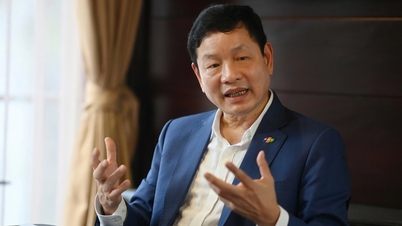



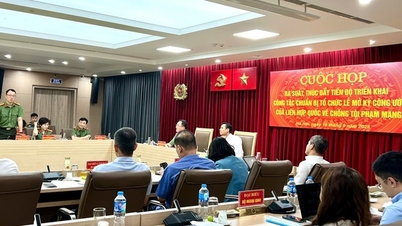








![[Infographic] Beware of scams to appropriate assets from cyber security incidents at CIC](https://vphoto.vietnam.vn/thumb/402x226/vietnam/resource/IMAGE/2025/9/17/3e8ba37d40fc4106be33fff758a68216)


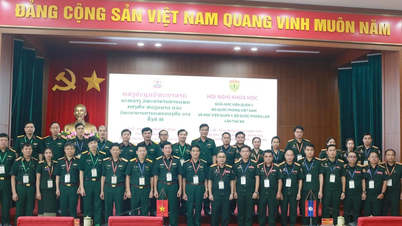







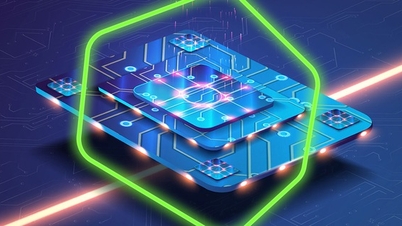
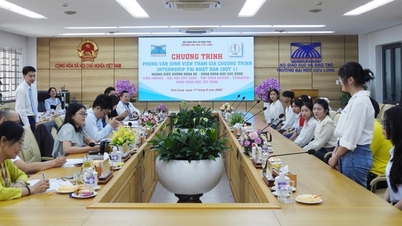







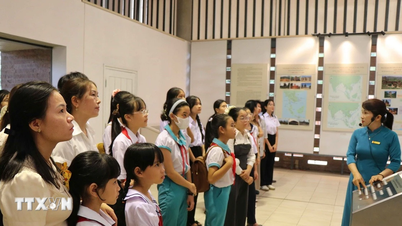




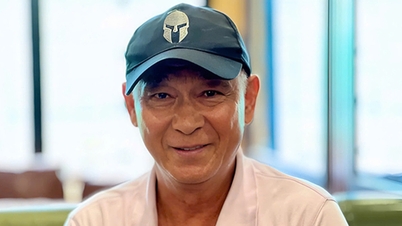







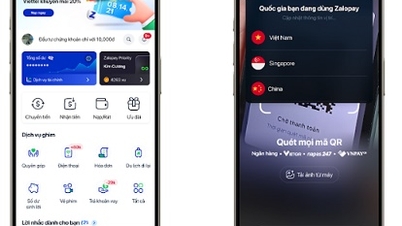


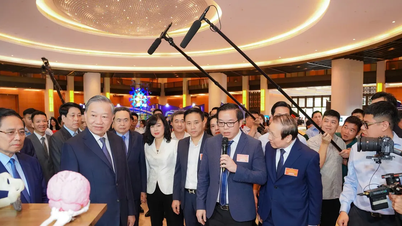





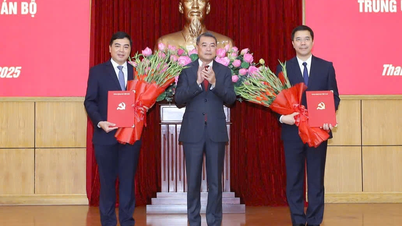



















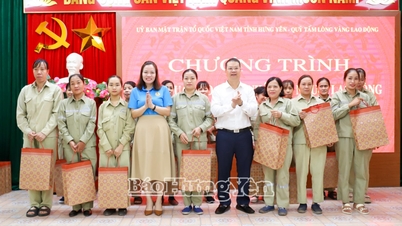
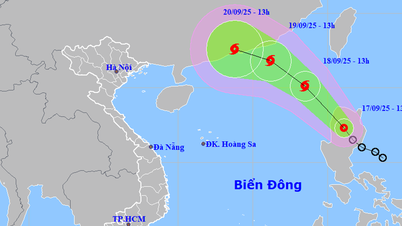


















Comment (0)